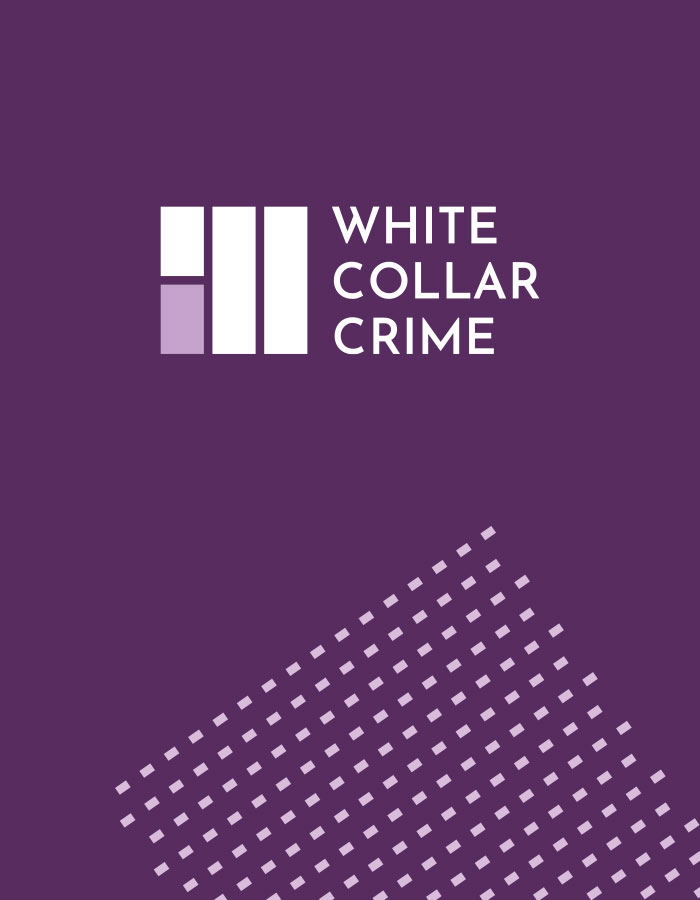Speed read: Jonathan Fisher QC examines the Government’s recent Economic Crime Plan and its reliance on the private sector for investigating and enforcing financial crime. The implications of increased information sharing between the private and public sectors require careful consideration.
The Government has published its Economic Crime Plan for the next three years, and it is heavy in its reliance on the private sector to contribute to the fight against financial crime (Economic Crime Plan 2019–22, HM Government, UK Finance, July 2019). Special praise is reserved for the Joint Money Laundering Intelligence Taskforce, which according to the Plan, has directly contributed to over 600 law enforcement investigations and directly contributed to over 150 arrests. The Taskforce, known by its acronym JMLIT, was established four years ago by the National Crime Agency to exchange and analyse financial information relating to money laundering and other economic crime threats. It consists of 40 financial institutions, which sit alongside HMRC, the SFO, City of London Police, the Metropolitan Police and the FCA.
A key component of the Economic Crime Plan is to build on a model of information sharing between the public and private sectors. The Plan proposes the establishment of a new public-private working group which will review the UK’s existing information-sharing framework and partnerships. One example given in the Economic Crime Plan relates to the enforcement of confiscation orders. The Plan records that Government will
“work with the private sector to develop a public-private partnership approach to tackling those who see to frustrate or evade the enforcement of confiscation orders” (para 4.6).
The involvement of the private sector in the prevention and investigation of financial crime can be traced back to the Fraud Review which was conducted by the Attorney-General’s Office nearly fifteen years ago, so the idea is not new. The idea spawned the developed of Fraud Forums around the country, and for my part, I have been pleased to have had an association with the London Fraud Forum since its inception.
At some point in time, however, Government and stakeholder parties need to pause and take stock of the appropriateness of the public sector deploying the resources of the private sector in this way.
There are, I suggest, several complications which require some thought.
First, there is an issue of principle. Arguably, Government over-reliance on private sector support to combat fraud might be thought to send out the wrong message in its response to financial crime. It is one thing to harness the resources of the public sector by imposing a suspicious activity reporting requirement on private sector participants. In this instance, the obligation to co-operate is mandatory, and underpinned by a statutory framework. It is another thing for the Government to look towards the private sector to undertake investigatory and enforcement functions which are essentially public in nature. The undertaking of investigations and pursuit of enforcement action are activities more naturally performed by the State, acting on behalf of the public, independent of vested interests which typically characterise activities in the private sector. The enhanced involvement of the private sector separates the response to financial crime from the response to other forms of criminal activity, and places financial crime in a category of its own. In this way, it might be thought that the importance of financial crime is diminished, and the impression given that the Government is not taking financial crime as seriously as other forms of criminal activity. This is not the right message to send. By not devoting enough public resources to the detection, investigation and prosecution of financial crime, the Government is signalling a devaluation of the crime.
Secondly, although there is an obvious commonality of interests between the public sector and the private sector, there are obvious divergences of interests as well. The same financial institution can be a victim of criminal activity in one area, and a perpetrator in another. There is an unspoken tension here, which needs to be recognised and addressed.
Thirdly, an enhanced involvement by the private sector in the law enforcement function ought to be put on a statutory foundation, especially where, in the case of JMLIT for example, the private sector is involved in analysing and disclosing information to a public authority outside of the statutory gateways which presently exist. Also, investigations conducted by private sector participants are not always subject to the same statutory requirements as an investigation conducted by the public authorities under the Criminal Procedure and Investigations Act 1996 and other legislation where investigatory powers are located.
Whilst it is right to recognise the increasingly enhanced role of the criminal law in requiring the corporate sector to police itself in terms of preventing corruption and tax evasion, public-private initiatives raise different and difficult issues. There needs to be an opportunity to address them.
This piece is based on the quarterly commentary published in issue 7 of the Lloyds Law Reports 2019: Financial Crime series, written by Jonathan Fisher QC.







